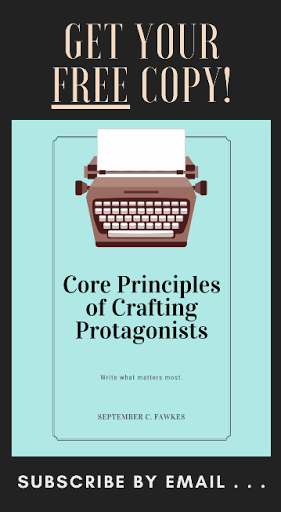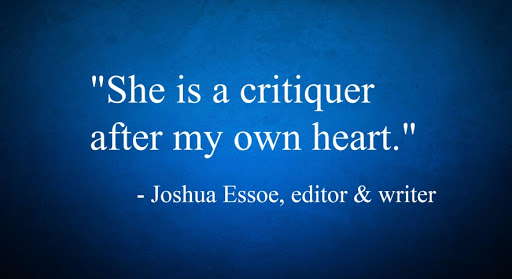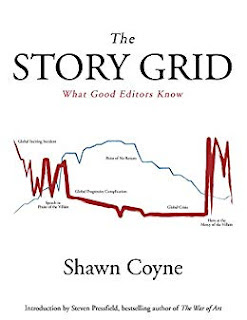The story might have been better if the author actually threatened with something I believed could happen. Often empty threats in a story mean missed opportunities to write something that really digs into the reader's emotions.
It's like parenting kids. If you don't follow through with your threats, then the kid stops believing in them. The threats have no effect. But if you follow through with those threats, they work.
In writing, it's not required to follow through with all of your threats. But don't be afraid to follow through with a lot of them. Then readers know you're not afraid to do so, and they really don't know how the story is going to play out. The stakes are real. Will Joseph die? Will Kristin choose Jack over Stephen? Even if Joseph doesn't die, the threat doesn't feel empty, because the readers know you're not afraid to kill him.
But if you keep threatening to kill people, and you never do, then it can lose its effect.
Exceptions
Unless, you do that intentionally to lure the reader into believing it's an empty threat only to actually kill Joseph off. That would be a nasty surprise for the audience, but they might be more upset and angry after that than glued to the page, because they weren't prepared for it. When I experienced that technique with a t.v. show, I stopped watching it. It was too far away from what I expected to happen, and I couldn't deal with it.
But I've seen it work. In almost every Harry Potter book, there is this threat that Harry is going to have to leave Hogwarts for one reason or another. At the end of the sixth book, Harry says he's not coming back to school to Hogwarts next year. Do you know what my brother said when he read that? "Yeah, well, that's what he says, but he'll go." So when Harry really didn't go back to Hogwarts in the seventh book, people were surprised.
Necessary Empty Threats
Other times, you need to have an empty threat in your story, because it would be stupid if that threat wasn't there. Back to Harry Potter. People threaten to expel Harry from Hogwarts throughout the series, but we know he can't be expelled in books two or three or four because there are more books. We know that he will return to Hogwarts next year. It's an empty threat. But, it's even stupider to not make that threat. I mean, seriously, Harry broke a dozen school rules, hurt a teacher, and put other people in danger--it wouldn't be realistic or right if he wasn't threatened with expulsion.
Usually the best way to deal with necessary empty threats is to deal with them quickly. In Chamber of Secrets, Dumbledore says something like, "I seem to remember telling you if you broke any more school rules, you'd be expelled, which goes to show even the best of us must eat our words sometimes." That's enough to deal with that empty threat.
Effective Empty Threats
Some empty threats are still effective in a story. Watch any romantic chick flick and the main threats are (almost) always empty threats, because those stories follow this structure: boy meets girl --> boy loses girl --> boy gets girl back. "Boy loses girl" is an empty threat. But romantic chick flicks have a huge, steady audience. Why? Even though the plot structure has an empty threat, that empty threat is a worthwhile one because the characters grow and change from it. Empty threats can influence your characters' development.
So how can we know when our empty threat is justified? A large part simply depends on personal taste. One reason I'm not big on romances is partly because the threat is almost always empty, but it works for loads of others. That love triangle I mentioned at the starting didn't work for me because it didn't feel like something I needed to worry about.
Empty threats that don't work are usually ones that are unnecessary and have no kind of payout--meaning nothing would have changed the characters or theme if you just cut that threat out.
Your goal as a writer might be to make every threat feel real, to scare the reader by showing you will do almost anything to your characters. Or it might be to occasionally use threats to kick up tension and character growth.
Whatever kind of writer you are, consider how powerful your story's threats are.



















Good points. I think a big part to keep in mind too is if the reader can tell it's an empty threat, and how empty it is.
ReplyDeleteThanks for commenting.